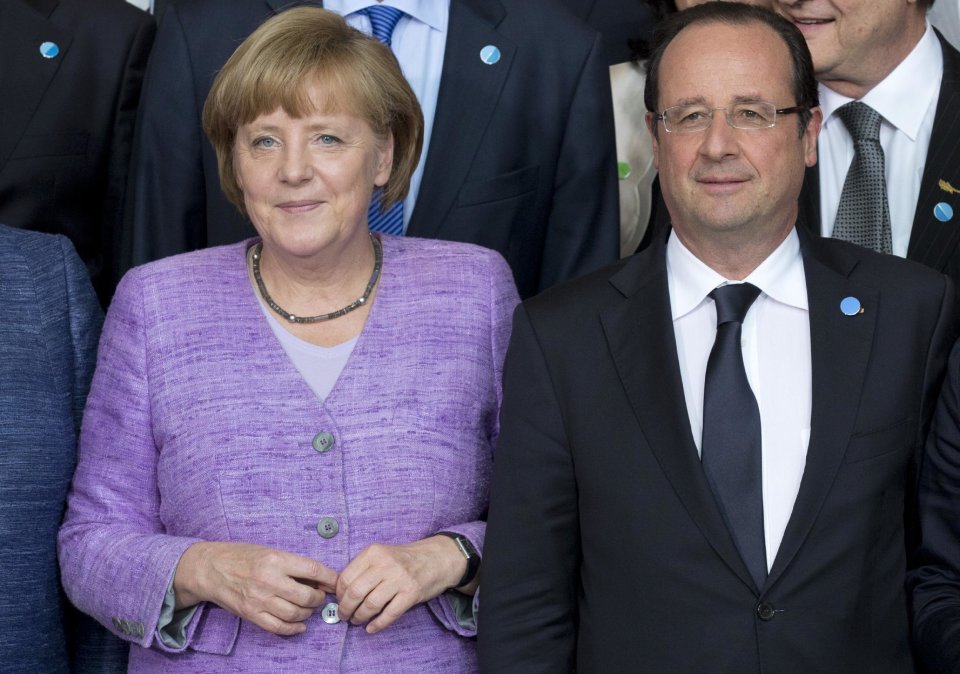This time last year we were in the thick of the Euro problems. See my article of 1st July 2012 as per link below:
01.07.2012 Euro eject seat button

Then on 24th July last year ECB President Mario Draghi announced his whatever it takes policy and the market calmed down. See my article of 30.07.2012 as per link below:
30.07.2012 Whatever it takes
Mario Draghi's bold action, in spite of internal dissidence from the German Bundesbank representative, bought time for the politicians to address the real problems in a calmer environment. But it certainly did not solve the underlying problem of the Euro.
This creates a practical dilemma. Experience shows that European leaders will only do what really needs to be done, will only take the essential but hard decisions which could make them unpopular with their domestic audience, at one second to midnight. Unless they are forced into such decisions by an impending crisis they will not use productively the waiting time which may be bought from time to time through temporary measures. And this is exactly what happened.
The core problems of the Euro, which are a major threat to its sustainability, have remained unaddressed. In simple language these problems which no one seems willing to address seriously are:
1. How can countries like Germany at the virtuous extreme and Greece at the negative extreme actually survive and prosper within a monetary union that has no provision for fiscal transfers?
2. How can countries in distress including the five that have been formally bailed out ( Greece, Ireland, Portugal, Cyprus and (partially) Spain) possibly work out successfully the extreme economic restructuring required if their domestic banking system is broken and the supply of credit to SME's is just not available - meaning that ECB's monetary accommodation is not reaching those that really need it as the monetary transmission mechanism is dysfunctional?
Addressing these issues requires major political commitments from Germany and surplus countries, that no politician would take during an election campaign such as Chancellor Merkel is facing next September.
European leaders like Merkel are caught in the democratic deficit conundrum that presently rules the EU. While Merkel gets her democratic mandate from the German electorate, her actions, for better or for worse, affect the lives of all EU members.
 |
| Merkel and Hollande at Berlin Conference for Promotion of Youth Employment |
What's for sure is that the current initiative whereby Germany is promoting the unemployed experienced youth in Europe's periphery countries to move to Germany where there is a substantial skills shortage, is an insult to the true spirit of the EU. It is short termism for the elections not a true solution to the problem.
The true solution to the problem is: What needs to be done to revive the economies of periphery countries in distress so that these countries can offer fair prospects for the best of their youths that the country has paid through its nose to have them properly educated and skilled? If the cost of such education is to continue to be borne by the periphery countries but the benefits will be enjoyed by Germany through the cheap attraction of such imported skilled labour it is truly a case of making things worse not better.
No comments:
Post a Comment